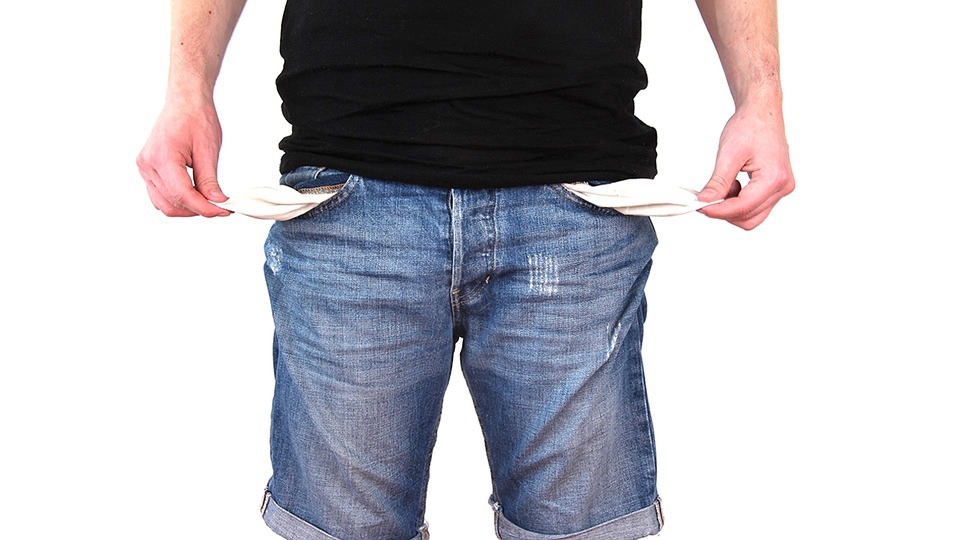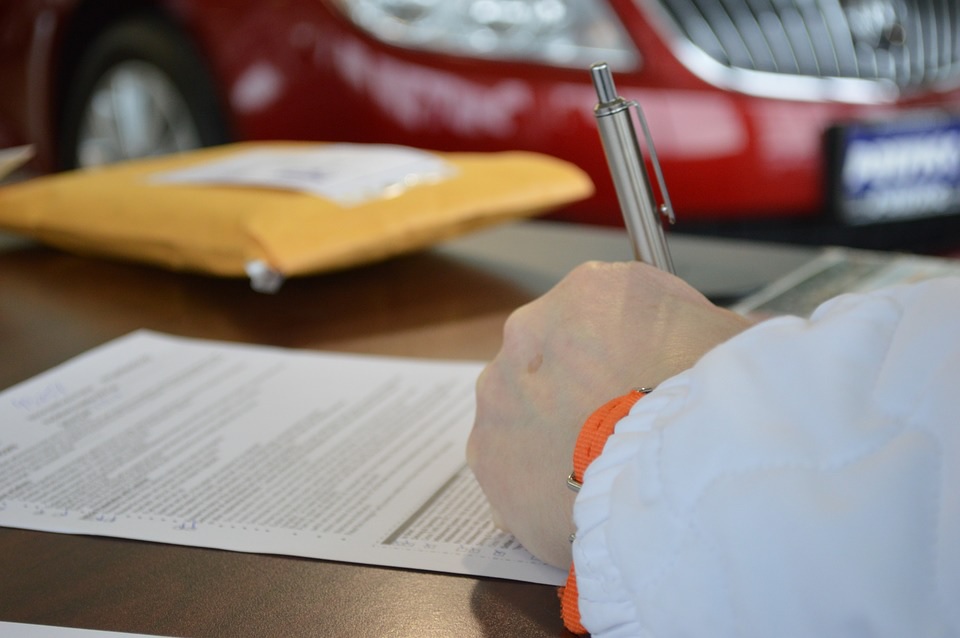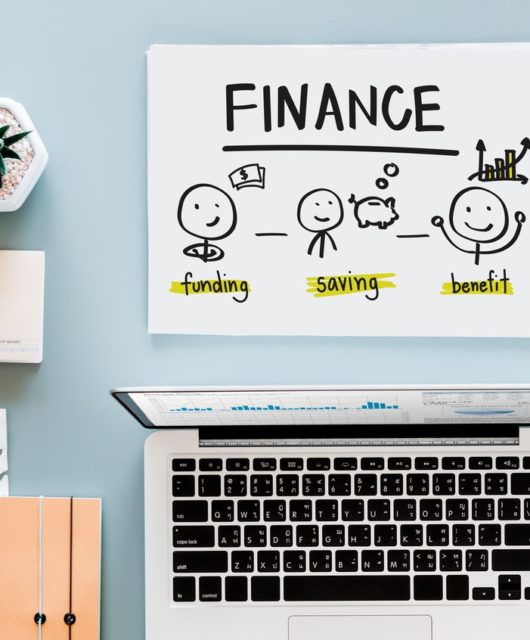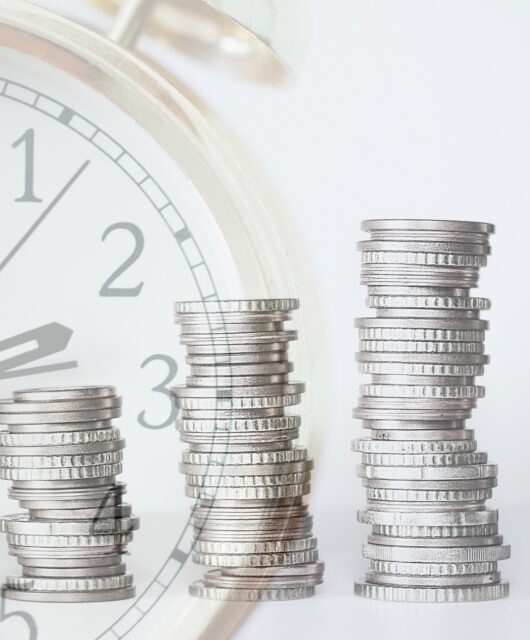How to Get Out of Debt
Millions of Americans are in an endless cycle of debt. At a time when achieving financial stability is becoming more elusive as financial needs increase, many people are finding it hard to get out of debt. From credit card debt to student loan debt, the numbers are rising by the day.

https://cdn.pixabay.com/photo/2017/02/16/02/31/no-money-2070384_960_720.jpg
Being in debt doesn’t mean it’s the end of the road for you. There are various steps you can take to help you pay off your debt in small, practical ways. Here’s our step-by-step guide on how to get out of debt.
Create a Budget and Watch Your Spending
You’ll realize that normal day-to-day expenses that you’re used to like buying takeouts instead of having dinner at home or buying items that you rarely use can easily ruin your budget. According to Personalloan.co, watching your spending habits helps you identify areas where you can make savings that will go into paying off your debt.
Track all Your Daily Expenses
Tracking your daily expenses is often the difference between an effective budget plan and one that fails. There are numerous, simple resources available today to help you track your expense. These include mobile tracking apps, budget notebooks, and even a simple spreadsheet. Make it a habit to note down or record every bit of spending, however small.
At some point, you’ll be in a position to identify a pattern of how you spend your income, including unnecessary expenses that may be taking you deeper into the debt cycle. After you have understood how you spend your money every month, you need to get rid of expenses you can live without and start focusing on day-to-day essentials or needs that matter.
Start Paying Off Your Credit Card in Smaller Payments
Credit card debt is no doubt one of the leading causes of debt nationwide. The allure of ‘easily available money to spend’ without strict monitoring of expenses is what has led to rising credit card debt. To pay off credit card debt, you need a strategic approach that works.
One of the best ways to clear off your debt is by breaking down your large balances into smaller manageable payments you can afford to pay comfortably. What you want is to reduce the balance of your debt as lowest as possible.
Accelerate Your Payments to Clear Debts Faster
Whether you’re dealing with a student loan, mortgage loan or business loan debt, it’s wise to consider accelerating your payments to enable you to clear the debt much faster. Yes, paying your monthly loan repayments as expected is good, but you’ll end up paying more interest over the entire life of your loan.

https://cdn.pixabay.com/photo/2015/09/18/12/38/contract-945619_960_720.jpg
To clear off your debt, consider making semi-monthly, biweekly or weekly payments. This strategy works best if you have an extra source of income from which you can be setting aside some cash to pay off your debts. The faster you pay off your debt, the less the burden.
Seek Professional Guidance
Sometimes, seeking professional guidance is recommended, especially when you’re in deep debt that threatens your financial stability and future. The last thing you want is falling into bankruptcy. An expert may recommend a debt agreement or debt consolidation plan that will help you repay all your debts in a more manageable and flexible way.
Conclusion
A majority of people in debt tend to ignore small steps that could help them pay off their debt. Planning your finances alone is not the solution to living a debt-free life. Focus more on what you can control and make wise choices and decisions when it comes to spending. Every little effort counts!









